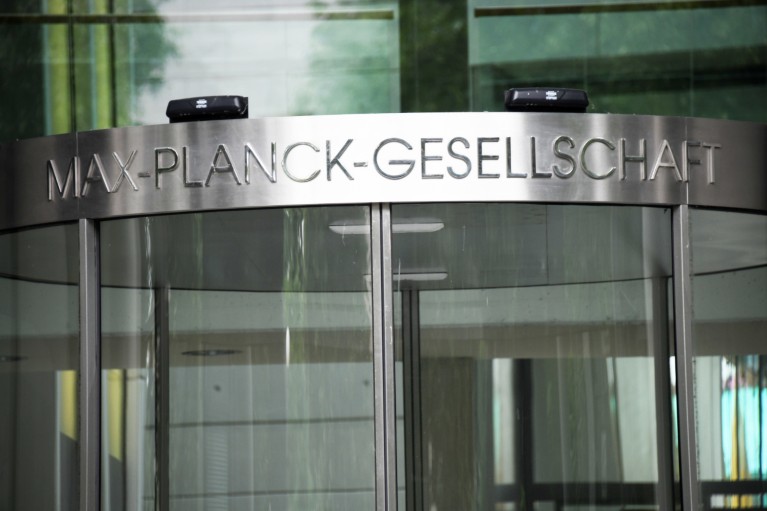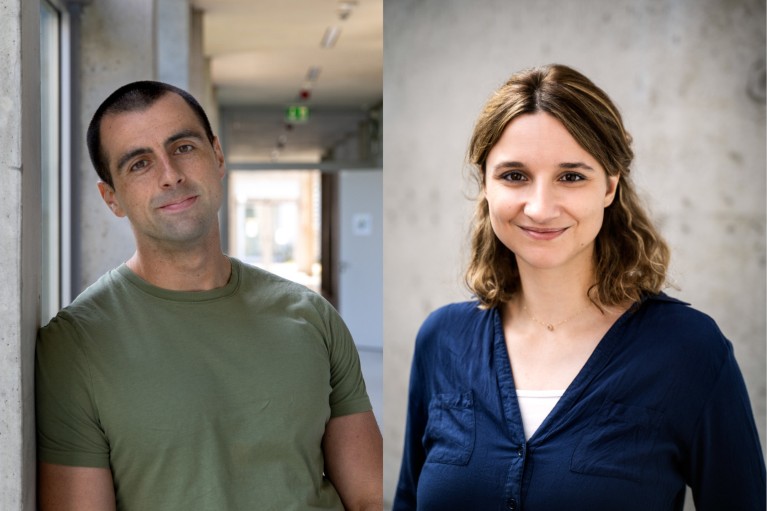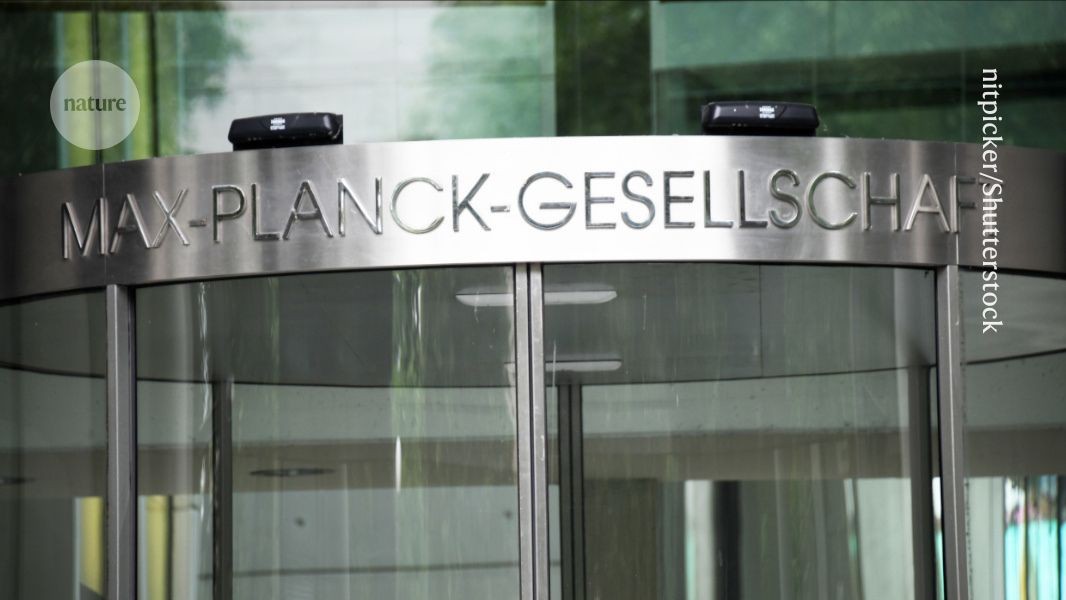
“Postdocs are somewhat thriving and suffering at the same time,” says one researcher.Credit: nitpicker/Shutterstock
A survey of the Max Planck Society’s postdoctoral researchers paints a stark picture of work life at the renowned German research institutes.
The Max Planck Society (MPG) has more than 3,000 postdoctoral researchers across 84 institutes. The survey, conducted by the Max Planck PostdocNet, a network of postdocs across the organization, drew responses from 872 of them, representing 74 institutes. Although most respondents were satisfied with their advisers, research and career-development assistance, rates of depression and anxiety were higher than in a survey done in 2022, amid ongoing concerns about the lack of permanent job prospects.
More than half of respondents also indicated that they oppose a rule that currently caps the length of postdoctoral work at six years and is under debate to be further reduced to four years. That finding represents the first hard data on postdocs’ attitude towards this proposal, says Nicholas Russell, the Max Planck PostdocNet Survey’s working-group leader and a postdoc at the Max Planck Institute for Plant Breeding Research in Müncheberg, Germany. The rule tends to force postdocs to leave the country, respondents explained, because there aren’t enough full-time positions available. It also discourages international postdocs from working in Germany, and from conducting riskier research projects.
As neither students nor permanent employees, postdocs often exist in an academic limbo. They conduct the bulk of the research and teaching, yet have little collective power. “The system relies on postdocs,” says Judith Münch, coordinator of the German Postdoc Network, which formed last year to advocate for postdoc interests across organizations.
One problem, says Münch, is a lack of data. “I would love to give you the number of postdocs currently in Germany, but this number doesn’t exist because we don’t have a unified definition of postdoc,” she says. The survey defined an MPG postdoc as “any person who has been awarded a doctoral degree and is currently undertaking scientific research within the MPG using a time-limited contractual relationship from either internal or external funding”.

Nicholas Russell (left) and Judith Münch (right).Credit: L-R: Danijel Monreal-Majic; Johanna Weber.
International postdoc woes
The survey also revealed that international scholars — who make up 75% of the MPG postdoc cohort — struggle with government bureaucracy, language barriers and targeted bullying. Eight per cent of respondents report being bulled in the past 12 months, and 19% report being treated differently or with contempt or condescension.
“Bullying is a sensitive topic, and a lot of people also don’t feel comfortable reporting it,” says Uma Dakshinamoorthy, a postdoc at the Max Planck Institute for Multidisciplinary Sciences in Göttingen, Germany, who is from India. “International postdocs don’t know their rights or know the [German] law.”
Roughly 25% of international postdocs are certain that they want to remain in Germany after their postdoc. “We find that while MPG is very competent at attracting global talent, MPG and perhaps Germany are less successful at holding onto it,” says Russell.
Mental-health concerns increased compared with the 2022 survey. Roughly 28% of respondents report signs of moderate to severe depression, and 25% report signs of moderate to severe anxiety. “We see that international postdocs are more depressed and anxious than Germans are,” says Russell. Yet at least 65% of postdocs were unaware of the emergency mental-health services that MPG offers, and only 5% had ever used them.


